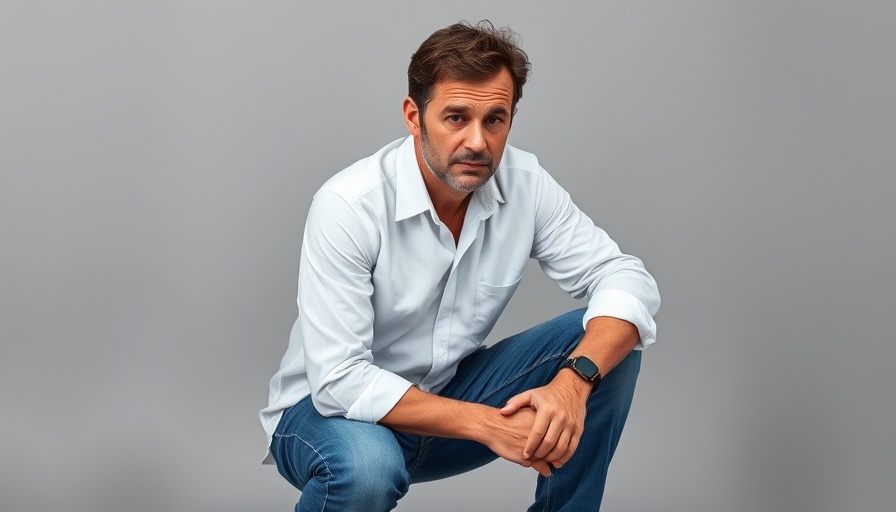
Justice at Last: Bryan Hooper Sr.’s 27-Year Fight for Freedom
After spending an astonishing 27 years in prison for a crime he did not commit, Bryan Hooper Sr. is finally free. On Thursday, officials from the Hennepin County Attorney’s Office and the Great North Innocence Project confirmed Hooper’s exoneration, a news that resonates deeply not only with those fighting for justice but also serves as a harrowing reminder of the flaws that can afflict our justice system.
The Facts of the Case
Hooper was wrongfully convicted in connection with the 1998 murder of 77-year-old Ann Prazniak, whose remains were discovered under tragic circumstances in her Minneapolis home. Initially, witnesses claimed Hooper had made incriminating statements, but the star witness later confessed to fabricating her testimony. This confession came unexpectedly from Chalaka Young, who had initially implicated Hooper out of fear and coercion during the trial.
A Stunning Confession
Young’s confession in a Georgia prison sheds light on the grave injustices concerning wrongful convictions. It was a courageous decision; she further explained how a newfound faith had led her to admit the truth. “I am not okay any longer with an innocent man sitting in prison for a crime he did not commit,” she stated, encouraging society to reflect on the serious implications of allowing wrongful truths to propagate.
Emerging from Darkness: The Impact on Families
For Hooper and his family, the echoes of a life stolen are overwhelming but also cathartic in this moment of freedom. Hennepin County Attorney Mary Moriarty expressed her relief, stating, “We are relieved that Mr. Hooper can finally return home to his family,” thus emphasizing that this nightmare has impacted not just the wrongfully convicted but their entire families and communities.
Hope for Change in the Justice System
As Hooper embarks on the journey of reintegration into a world vastly different than the one he left in 1998, his story raises essential questions about the reliability of evidence and witness testimonies in the legal system. His exoneration is a clarion call to ensure more stringent guardrails against wrongful convictions which have long-lasting repercussions. This case emphasizes the role education and advocacy play in reforming the justice system.
Moving Forward: The Road to Justice
While Hooper’s long path back to freedom has reached a commendable conclusion, questions linger about what lies ahead for those who decide to wrongfully imprison innocent individuals. It remains debated whether charges will be brought against Young, further complicating the narrative surrounding accountability.
As society continues to wrestle with these dilemmas, we are reminded that justice must never be taken for granted. Hooper’s journey toward freedom underscores the resilience of the human spirit and the undying quest for truth.
 Add Row
Add Row  Add
Add 




Write A Comment